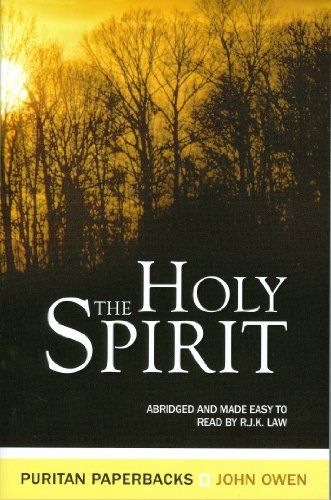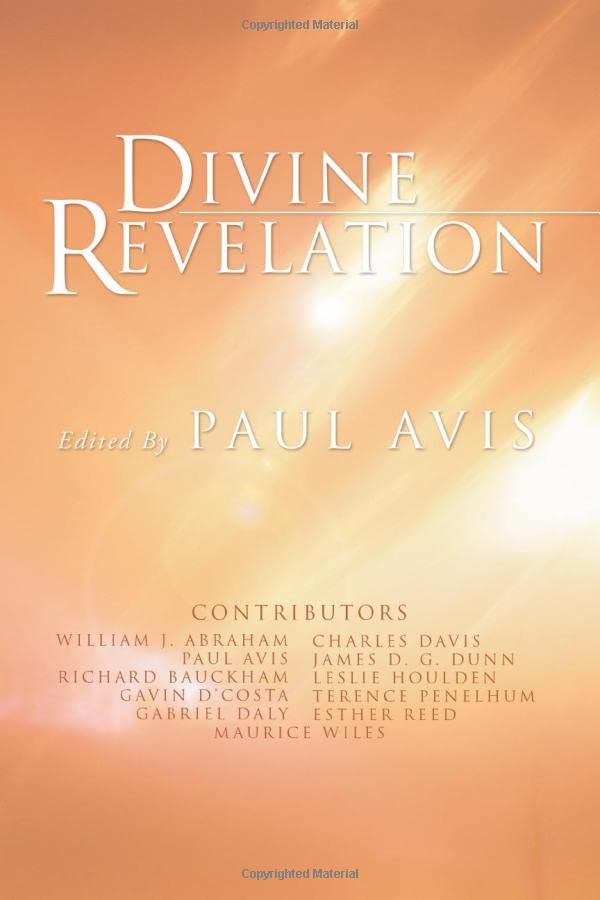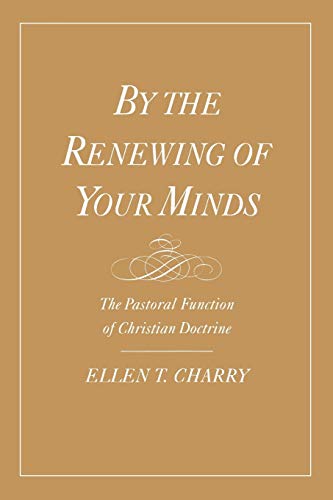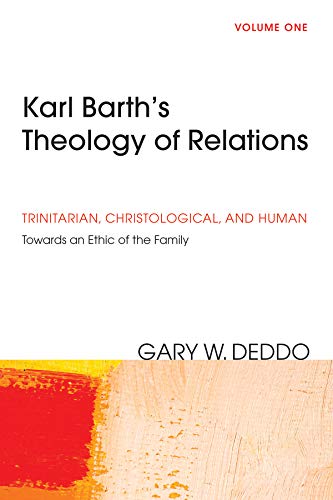What Price Prejudice? Christian Antisemitism in America
Written by Frank E. Eakin, Jr Reviewed By Graham KeithThese books are among studies sponsored by the Stimulus Foundation, whose aim is to facilitate better communication between Jews and Christians. They both reflect the post-Holocaust climate in which Christians have begun to acknowledge the complicity of earlier generations of believers in anti-Semitism. Because of this they insist that Christians must take initiatives in forging new and better relations with their Jewish neighbours. Justifiable emphasis is laid on understanding Jewish perspectives on religion and on history, and practical strategies are recommended for this.
Eakin in his book acknowledges that the USA has as yet, little to compare with the European experience of anti-Semitism, but he believes the churches must not be complacent. To this extent he is justified, not least because a significant Jewish presence in America is a comparatively recent phenomenon. His own reasons for watchfulness, however, are disturbing. He finds the roots of anti-Semitism in the NT itself, especially when it lays most blame for the death of Jesus on the Jews. He believes the gospels do not accurately reflect the period of Jesus himself, but have been coloured by antipathy between the emerging Christian movement and more traditional elements in Judaism. Here he is largely following, though with much less detail and sophistication, the thesis of Rosemary Ruether in her influential book Faith and Fratricide.
No one could quarrel with Eakin when he says that parts of the NT oppose Judaism. But while he does occasionally allude to the diverse and changing character of Judaism, he makes little use of this important insight. He does not mention times when there have been clashes over the parameters of Judaism, a consideration of significance today since many Orthodox Jewish communities would shun the sort of fraternal links Eakin recommends between Jews and Christians. Nor does he consider the possibility that early Jewish Christians may have debated with their fellow Jews as to their true legacy from God as set out in their Scriptures.
Eakin also collects and comments on recent statements from leading American denominations on the Jews and Judaism, with special prominence being given to a hitherto unpublished statement of The Presbyterian Church, USA in 1987. This is the most useful and original part of his book.
Sharing Shalom is essentially a practical book giving a detailed programme for interfaith dialogue between Jews and Christians. It is particularly designed for locations where Jews and Christians are worshipping in close proximity. But not everyone will agree with all the objects of such dialogue. It goes beyond the promotion of mutual understanding or even working together on social goals. It sees the dialogue as part of a common pilgrimage of faith since it is assumed that both Jews and Christians have equally valid approaches to God. Thus, questions of the identity of the Messiah are pushed to the side, and it is taken for granted that Jews and Christians can work together to promote a messianic kingdom of peace, justice and love. (Eakin, who personally holds this position, recognises that even among the more liberal denominations this is still a bold step to take.)
When one of the Jewish contributors to Sharing Shalom declares, ‘Almost all Christian denominations have recognised that Judaism’s covenant with God endures and are engaged on significant interfaith dialogue with Jews’, we should recognise both the unparalleled opportunity now that Christian triumphalism is largely dead and at the same time the dangers of an inadequate assessment of Judaism. In fact, we face a challenge more demanding than that offered in these books—to love our Jewish neighbours as ourselves without playing down the real theological differences between us. Effective dialogue, for its part, can hardly ignore such fundamental differences; otherwise the participants will not begin to understand one another.
Graham Keith
Ayr







